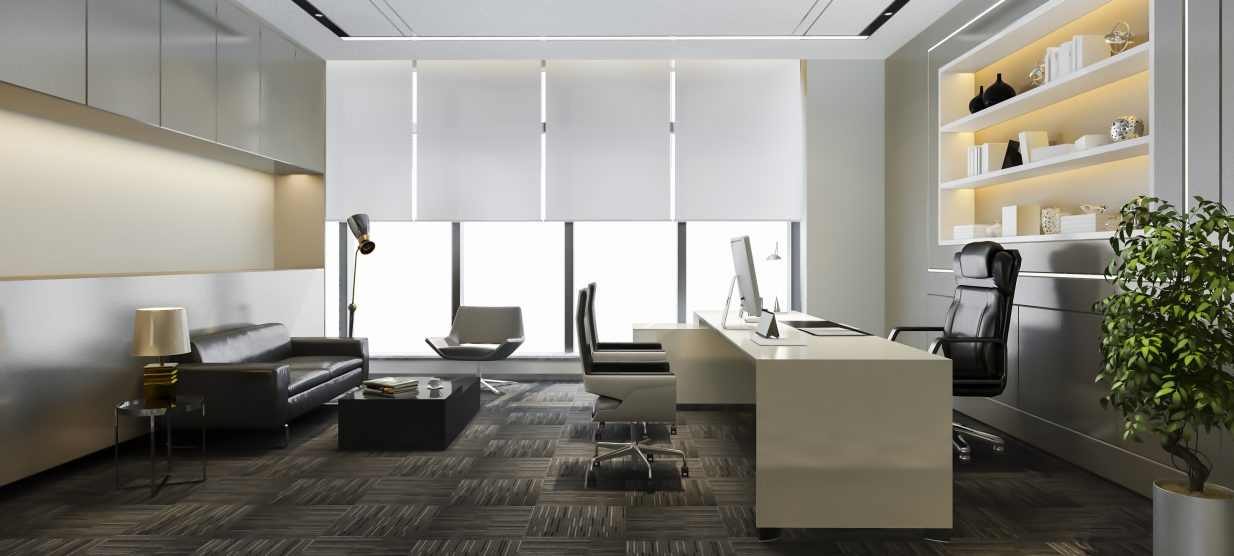Choosing First Office for Startups: Key Considerations
Starting a new business is exciting, but choosing the right office can be overwhelming. The first workspace sets the tone for the company’s growth and culture. A choosing first office for startups strategy can save time, money, and unnecessary stress. For many new entrepreneurs, making the right choice early is essential. By carefully choosing first office for startups, companies ensure a solid foundation for future success.
Assess Your Space Needs
One of the first steps is evaluating space requirements. How many employees will work on-site? What kind of facilities are necessary? Startups often grow quickly, so flexible arrangements are beneficial. Open layouts, meeting rooms, and private spaces should be considered. Planning for future growth prevents frequent relocations, which can be costly and disruptive.
Budget Considerations
Budget plays a major role in office selection. Startups must balance affordability with quality. Hidden costs like utilities, maintenance, and internet can add up. A workspace with all-inclusive pricing, such as a serviced office, can reduce unexpected expenses. This approach allows entrepreneurs to focus resources on product development, marketing, and hiring.
Location, Location, Location
Location impacts accessibility and visibility. Being close to clients, investors, and talent is crucial. Central business districts offer convenience but may be more expensive. Consider transportation links, nearby amenities, and the surrounding business ecosystem. A strategic location strengthens brand perception and attracts the right partners.
Flexibility and Lease Terms
Startups benefit from flexible lease agreements. Short-term or scalable options allow companies to adjust their space as they grow. Traditional long-term leases can restrict expansion and increase risk. Flexibility in office choice ensures that the workspace grows along with the startup.
Infrastructure and Technology
Modern startups rely on technology and connectivity. Fast internet, reliable power, and IT support are essential. Evaluate office facilities to ensure they meet operational needs. Shared spaces often provide ready-to-use equipment, which saves time and reduces setup costs.
Company Culture and Environment
The office environment shapes company culture. Bright, collaborative spaces encourage creativity and productivity. Consider how the layout and design align with the startup’s values. A well-designed office motivates employees and fosters a positive work atmosphere.
Make a Thoughtful Choice
Choosing the first office for startups is a critical step in building a successful business. By assessing space needs, budget, location, flexibility, infrastructure, and company culture, entrepreneurs can make informed decisions. The right office not only supports current operations but also positions the startup for long-term growth.

Do not hesitate to contact us
Get in touch, if you have any question
